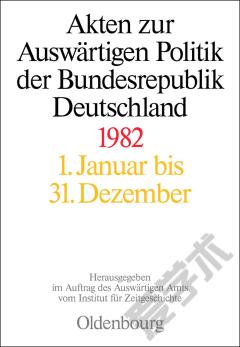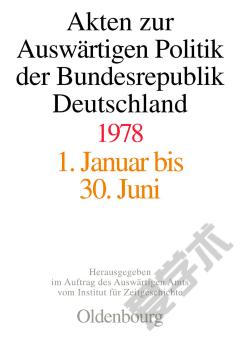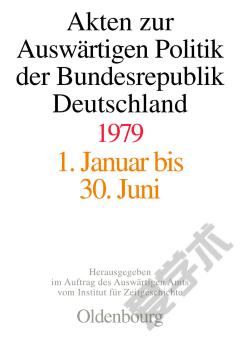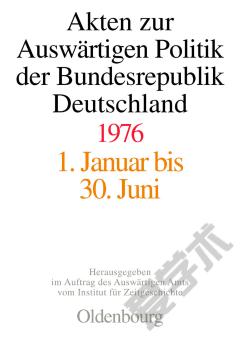1982
Commissioned by the Federal Foreign Office, edited by the Institut für Zeitgeschichte. General Editor: Horst Möller Co-Editors Gregor Schöllgen and Andreas Wirsching. The end of the Schmidt–Genscher administration in the fall of 1982 marked a new era in domestic policy, yet Germany's foreign policy remained remarkably consistent. A number of crises had already reached their high-water mark, including the Falklands conflict and the war in Lebanon. Yet problems persisted: the fruitless search for a compromise in INF treaty negotiations, which threatened to trigger a new arms race the crisis in Poland and the tensions between Europe and the U.S. regarding economic relations with the Eastern bloc. As 363 newly released documents show, in their foreign policy decisions Kohl and Genscher pursued a strategy of continuity with the Schmidt administration.
{{comment.content}}








 京公网安备 11010802027623号
京公网安备 11010802027623号